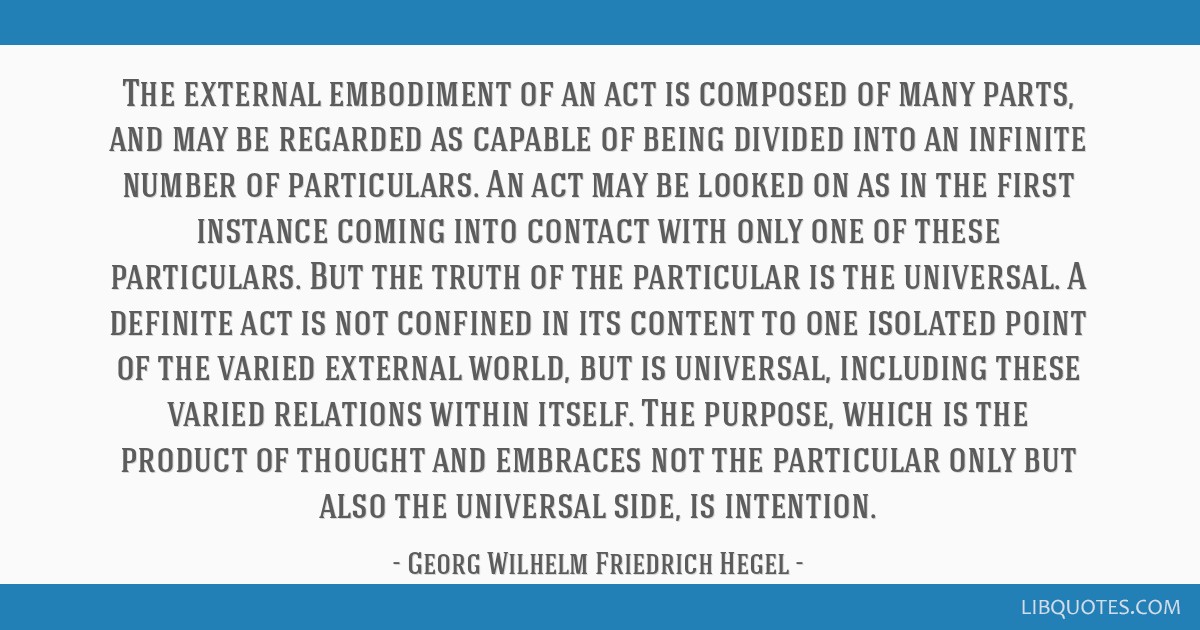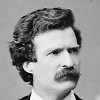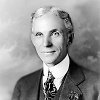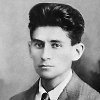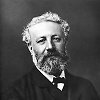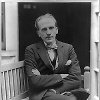The external embodiment of an act is composed of many parts, and may be regarded as capable of being divided into an infinite number of particulars. An act may be looked on as in the first instance coming into contact with only one of these particulars. But the truth of the particular is the universal. A definite act is not confined in its content to one isolated point of the varied external world, but is universal, including these varied relations within itself. The purpose, which is the product of thought and embraces not the particular only but also the universal side, is intention.
Georg Wilhelm Friedrich Hegel (1770-1831) Philosophy of Right translated by SW Dyde Queen's University Canada 1896 p. 114-115 - Elements of the Philosophy of Right (1820)
